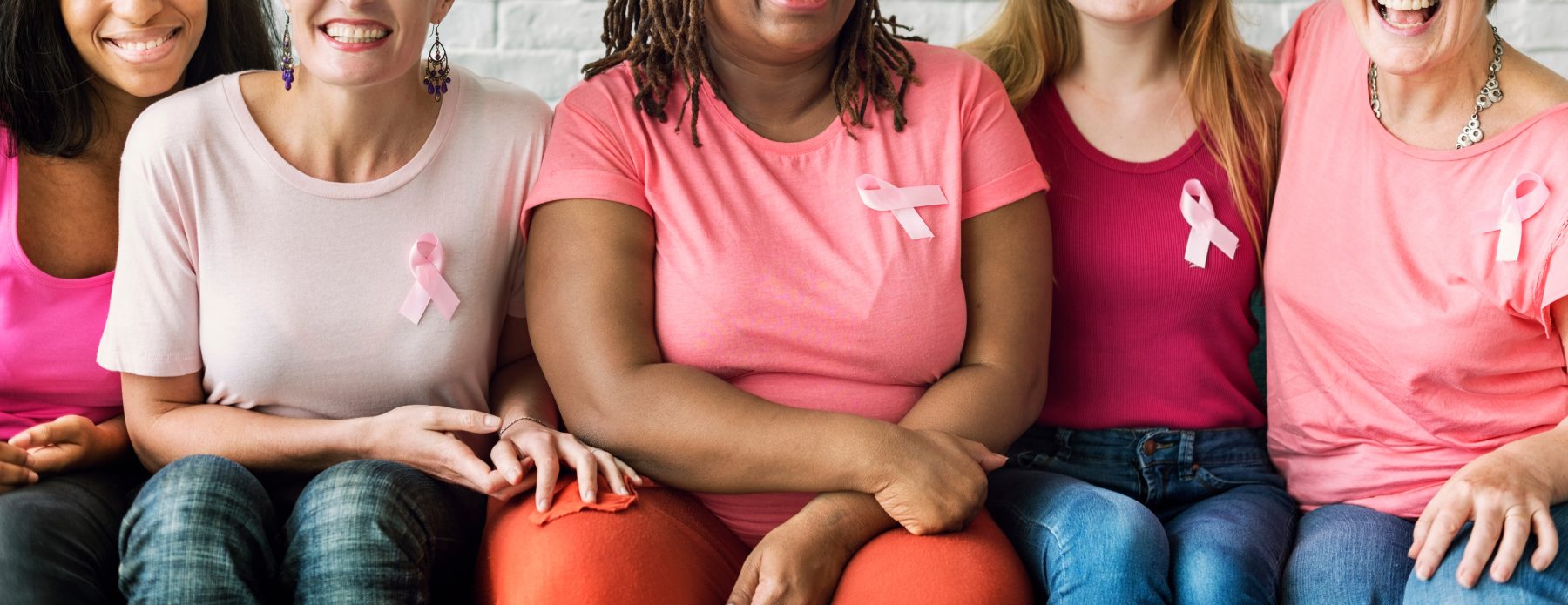
Life After Breast Cancer
Part of preventing an occurrence or re-occurrence is knowing what happened in the first place. An extensive history as well as testing to understand one’s individual biochemistry is critically important, especially in the complexity of breast cancer. A combination of assessing nutrient status, looking at genetics, addressing free radicals and establishing a healthy microbiome are all important parts of building an immune system that can stand up to cancer. Breast cancer, while frightening, is not insurmountable.
By taking a whole-person approach, we can have an optimal outcome. Breast cancer does not have one cause but many. Breast cancer is not one gene, but epigenetic. The more we explore a complete network of pathways the stronger ability we have to understand each person, their journey towards health, and their ability to prevent and overcome breast cancer.
Holistic therapies may help you cope with some of the side effects of whatever type of breast cancer treatment you are undergoing or have undergone1. Holistic health practices that may be beneficial to breast cancer patients include yoga, changes in diet, acupuncture and more2. There is no natural cure for breast cancer but certain holistic therapies may help you cope with some of the side effects of whatever type of breast cancer treatment you are undergoing or have undergone3.
Integrative oncology helps women make choices in their lives to help prevent breast cancer, slow its growth if it occurs, and prevent the disease from coming back after it has been treated1. Integrative care addresses both the root cause of cancer and the symptoms of the disease or its treatment2. Many people undergoing breast cancer treatment find that they feel better by focusing on improving their overall health through integrative medicine2. Integrative medicine combines conventional Western medicine with complementary and alternative treatments that have been researched and proven to be safe and effective in healing3.
Breast cancer survivors can live a long and full life after breast cancer treatment. It’s estimated that there are 3.9 million breast cancer survivors in the US. Whether you had surgery, chemotherapy, radiation therapy, or hormone therapy, your body still needs time to heal.
Life after breast cancer will have its ups and downs. Some days will be better than others, but survivors will always have a unique perspective on life to draw from. All of the feelings and concerns that come with survivorship are completely normal.
Breast cancer can affect how you feel inside and out. You have to cope with the emotional strain of the diagnosis and the challenges of treatment, as well as the stresses of daily life. Making sure you have family or friends support can be a big help. Some survivors also find support groups or psychological counseling helpful.
